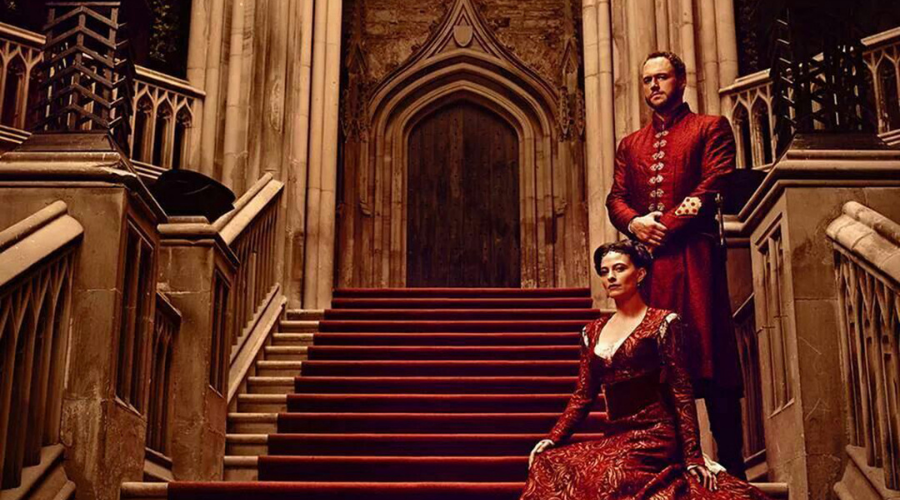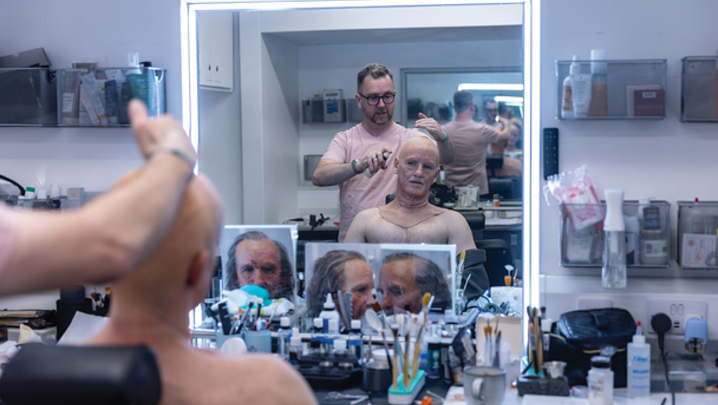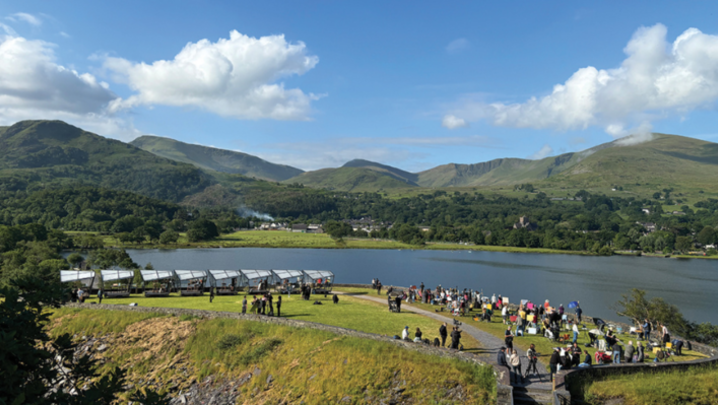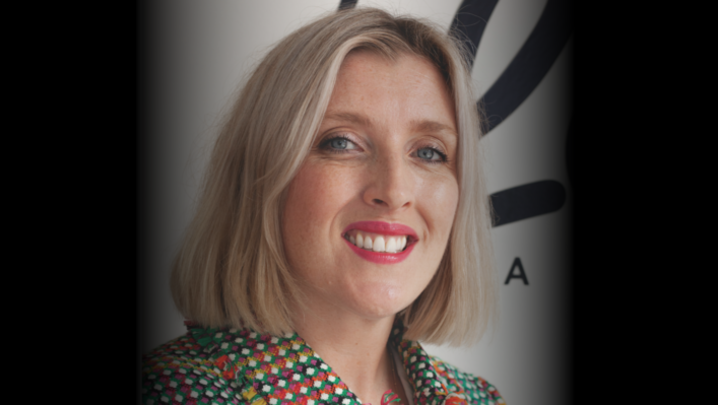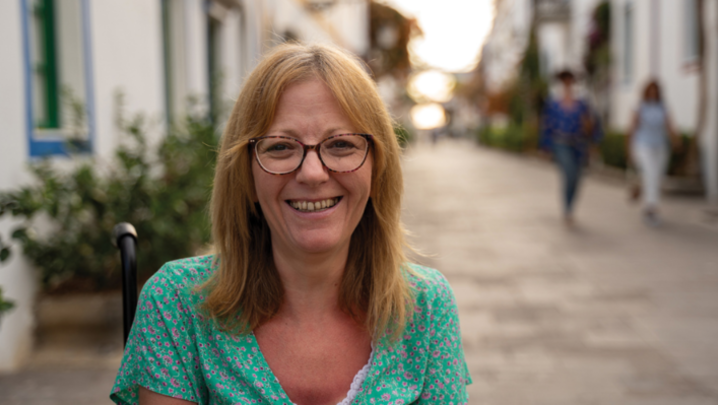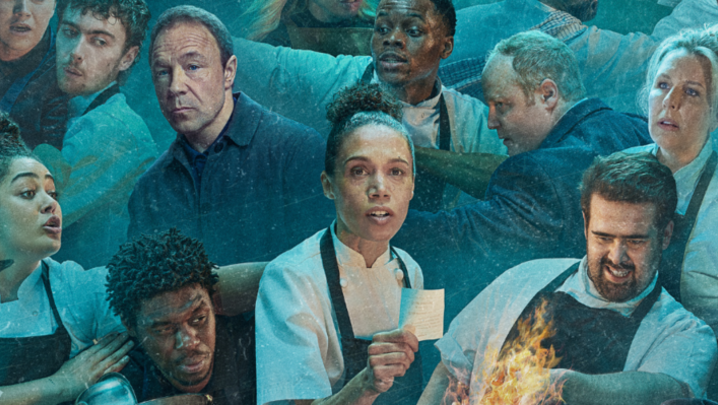Gareth Skelding has been hunting down eye-catching locations for the biggest dramas shot in Wales over the past two decades, including Doctor Who, Sherlock, A Discovery of Witches and, most recently, The Pact.
What does the job involve?
I’m part of a production’s creative team. After reading the script, I pitch my ideas for locations to the writer, producer and director, bringing my knowledge of what an area can offer. Ideally, I like to start as early as possible to have the greatest creative influence – with Little Door’s recent drama for BBC One The Pact, I was involved three months before shooting began.
Do you work alone?
Typically, I have a core locations team of four or so people and draft more people in as and when I need them.
Is the job more than simply finding locations?
I’m the first person a location owner meets and trust is vital; for them, you are the face of the production company. Wales is a small place and, if you don’t look after people’s property, it soon gets around – you need to leave locations in the same condition as you found them. And I need to get location agreement contracts signed, carry out risk assessments and handle fees.
Is it hard getting permission to film?
By and large, people want to see their properties on TV and they get recompensed for letting us use them. Councils are welcoming because a production brings a lot of money into an area and exposure.
How did you become a location manager?
I was a club rugby player and went to some of the weirdest and most wonderful places in Wales – my knowledge of the country expanded from the back of a rugby bus.
I was working as a runner, making the tea and coffee, which gave me a foot in the door, and I gradually moved into locations.
What was the first TV programme you worked on?
I’m a first-language Welsh speaker and I started on S4C drama Iechyd Da (Good Health). I also worked in Cornwall on the ITV cop series Wycliffe, but I soon realised Wales was my real strength.
What makes a good location manager?
You have to be a really good communicator and able to talk to all types of people. The job is also about problem solving and adapting to changing situations.
Do location managers normally work in a particular region?
Generally, yes. In Wales, I know what I’ve got on my patch. I don’t want to go to London and step on the toes of other location managers.
And, of course, TV production in Wales is booming?
BBC Wales head of drama Julie Gardner revived Doctor Who and brought it to Cardiff in 2005, which started the boom. I worked on Doctor Who and then went on to Torchwood and Sherlock. It was a golden era for BBC Wales.
Then the Americans started to come in, and I worked on [Starz Italian Renaissance fantasy drama] Da Vinci’s Demons. These productions put Wales on the map – they showed that we have the skills base here and we’ve certainly got the locations.

So, Wales is rich in locations?
If you’re based in Cardiff, within an hour’s drive you can be on a world-renowned beach on the Gower Peninsular, down a mine or up a mountain. The range of locations is amazing. And you can use CGI to add to shots – I did 20-odd episodes of Da Vinci’s Demons, all filmed out of Swansea.
What’s the best location you found?
The exciting thing is pushing the boundaries and putting people where they wouldn’t believe we could get them, such as at the top of a mountain in the Brecon Beacons – places you would think were completely inaccessible to a film crew of 100. We shot Sky One’s A Discovery of Witches in the Beacons and it was so beautiful.
Is there any location too hard to film in?
It depends on the scale of the show and budget. You can do anything if you have the money, but that’s not a luxury a lot of productions have.
For The Pact, how did you unearth the fantastic forest and brewery locations?
That’s what we do! For the night-time scenes in the wood, we found a forest with a pond so we could get moonlight bouncing off the water. We gave it some va-va-voom, which is not a word we use much in Wales.
Originally, the writer, Pete McTighe, wrote the workplace setting as a biscuit factory but, as Covid-19 took hold, I suggested that it might not be the best idea to take a large crew into a food factory.
We found a fantastic location called the Rhymney Brewery in Blaenavon – the brewery became a character in itself.
So you can use locations that are in use?
It depends on the budget and the volume of work. For The Pact, we were able to film for a couple of weeks without disrupting work at the brewery. For the Netflix drama Sex Education, on a longer shoot, the producers wanted a school that was empty to film in, so they used a disused university building in Caerleon.
What do you bring to work with you?
My knowledge – the locations are all in my head, although we do have a database of location images we’ve collated over the years.
Are there any tricks of the trade you can share with us?
I find the best locations in the pub. If I’m looking for something weird and wonderful, then I chat to the old guy sat in the corner of the pub or working men’s clubs. Those guys know where to unearth those jewels.
What are the best and worst parts of the job?
The best is getting people home safely from a really challenging location. The worst is that a film crew can be like sheep – when they don’t listen, one goes the wrong way and they all follow.
What advice would you give to an aspiring location manager?
You need a good eye as well as an understanding of what makes a shot interesting.
I try to take on two or three trainees a year, often from Screen Alliance Wales, on a placement. I’m keen to find people who want to be location managers and who are not using it as a foot in the door to the industry, which you find a lot.
Are there any qualifications?
You need a driving licence – the hours are unsociable and, a lot of the time, the location team are first in, last out. And there’s no public transport to many of the locations.
What TV series would you love to find locations for?
A rugby-based series or a local story. There’s a lovely film in the cinemas, Dream Horse. It’s a true story and was on my patch but I was too busy to do it.
Gareth Skelding was interviewed by Matthew Bell.

